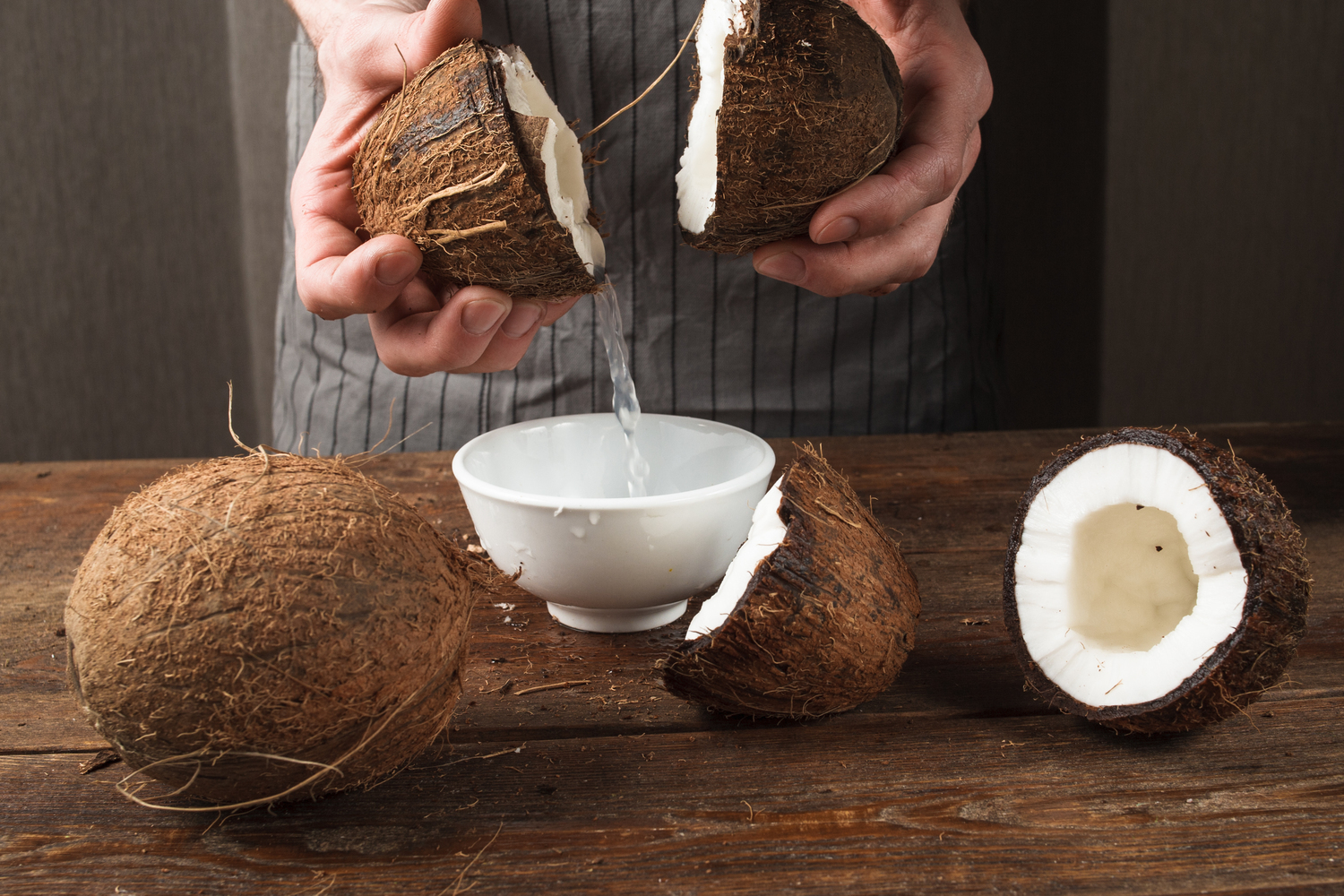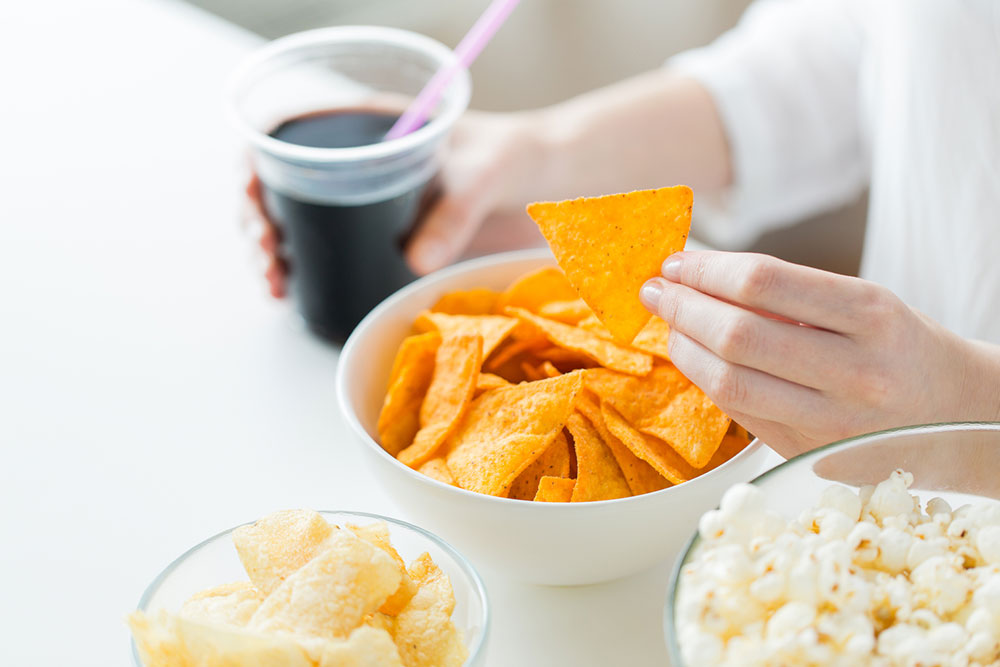Comprehensive Dietary Strategies for Managing and Preventing Diarrhea
This comprehensive guide explores effective dietary strategies to manage and prevent diarrhea. It emphasizes hydration, gentle foods like the BRAT diet, and foods to avoid. Practical tips for faster recovery and reducing recurrence are provided, making it a valuable resource for all age groups seeking to improve their digestive health through proper nutrition.

Effective Nutrition Plans to Control and Prevent Diarrhea
Digestive health plays a crucial role in overall well-being, and issues like diarrhea can significantly impact your daily life. This condition, characterized by the frequent passage of loose or watery stools, can be caused by various factors including infections, food intolerances, or bacterial imbalances. While often temporary and self-limiting, diarrhea requires proper management to prevent dehydration, fatigue, and nutritional deficiencies. Adopting suitable dietary strategies is one of the most effective ways to promote recovery and reduce the likelihood of recurrence. Understanding which foods to prioritize and which to avoid can empower individuals to manage symptoms proactively and maintain gut health.
Diarrhea can affect individuals of all ages, from infants and children to adults and the elderly. Although generally mild, it can sometimes signify underlying health issues that need medical attention, especially if persistent or accompanied by severe symptoms such as high fever, blood in stool, or signs of dehydration. Nonetheless, most cases resolve within a few days with proper hydration and dietary adjustments. A thoughtfully planned, diarrhea-friendly diet helps restore normal digestive function, soothe irritation, and prevent complications. This comprehensive guide explores practical dietary tips, specific food choices, and lifestyle habits to manage and prevent diarrhea effectively.
Key to quick recovery from diarrhea is maintaining optimal hydration levels. Fluid loss during episodes can be substantial, leading to dehydration if not addressed promptly. Drinking plenty of water, herbal teas, clear broths, electrolyte-rich solutions, or natural drinks like coconut water helps replenish lost fluids and essential minerals. Besides hydration, selecting gentle, easily digestible foods is vital. The BRAT diet—bananas, rice, applesauce, and toast—is widely recognized because these foods are low in fiber and tough-to-digest components, making them ideal during recovery. Incorporating cooked cereals like oatmeal or cream of wheat, along with bland crackers and soft fruits, can further soothe the gastrointestinal tract.
On the other hand, certain foods can exacerbate diarrhea symptoms and should be avoided during recovery. These foods include greasy, fried items, high-fat dairy products such as cheese, butter, and whole milk, as well as spicy dishes, red meats like pork and veal, and oily seafood. Raw vegetables, onions, citrus fruits, berries with tiny seeds, and high-fiber fruits such as figs and grapes can irritate the gut lining and worsen symptoms. Alcoholic beverages, caffeinated drinks, and artificial sweeteners—particularly sorbitol—are also problematic and should be limited until full recovery. Observing these dietary restrictions can significantly speed up the healing process and reduce discomfort.
In addition to choosing the right foods, maintaining a healthy lifestyle and adopting good eating habits are essential. Eating smaller, more frequent meals instead of large portions helps your digestive system process food more efficiently. Avoiding stress and ensuring adequate rest also support immune function and healing. If diarrhea persists beyond two days or is accompanied by additional complications like high fever, severe abdominal pain, or signs of dehydration, seeking medical attention becomes urgent. Healthcare professionals might recommend further diagnostics or medications if necessary. Lastly, recognizing personal triggers—such as specific food intolerances or sensitivities—can help prevent future episodes, especially for those with recurrent issues.
Diarrhea management
Diet and nutrition
Hydration strategies
Digestive health





